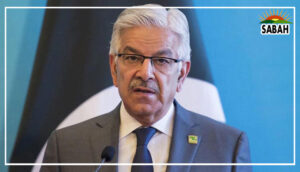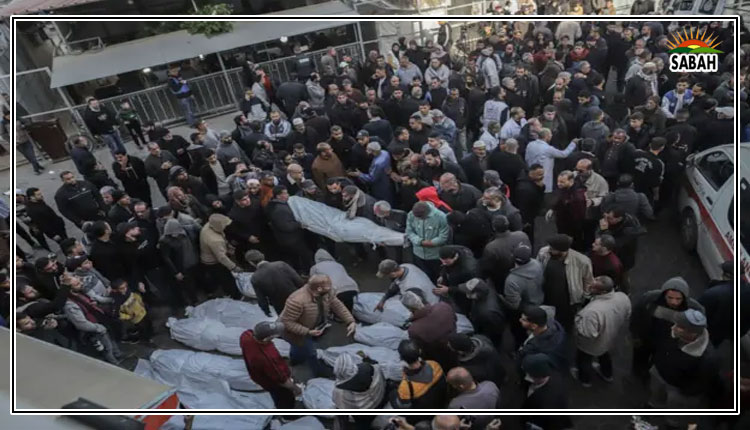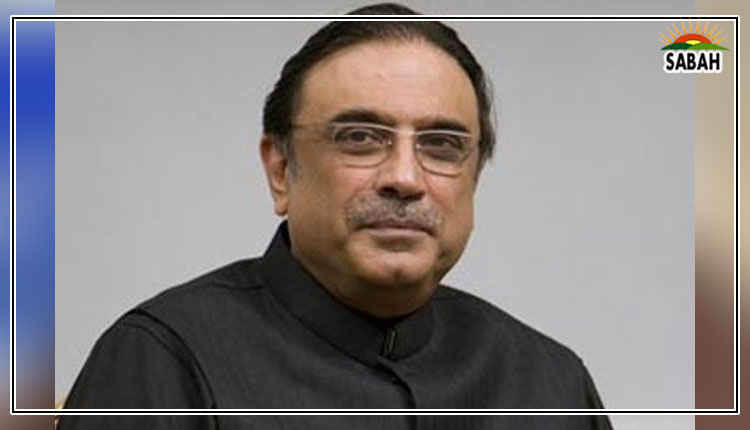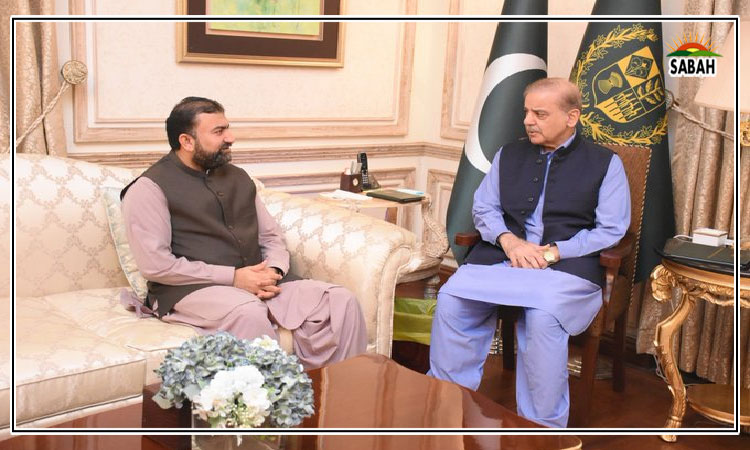Military courts….Sikander Ahmed Shah
PAKISTAN is set to try civilians in military courts for violence committed on May 9 in the wake of the arrest of former premier Imran Khan. The United Nations High Commissioner for Human Rights has expressed his concerns, insinuating that the arrests may amount to arbitrary detentions under international law, and that post-arrest treatment may include acts of custodial torture, prohibited under the Convention against Torture and Other Cruel, Inhuman or Degrading Treatment or Punishment (CAT).
Amnesty International has also stated that trying civilians in military courts is contrary to international human rights law (IHRL), violating the right to a fair trial guaranteed under Article 14 of the International Covenant on Civil and Political Rights (ICCPR), which guarantees the right to a trial before a competent, independent, and impartial tribunal established by law.
Under its General Comment on Article 14 of the ICCPR, the UN Human Rights Committee has affirmed that fundamental principles of fair trial are non-derogable. Pakistan ratified the ICCPR and the CAT in 2010, and is bound by these international obligations.
Pakistan is also bound by International Humanitarian Law (IHL). In comparison to IHRL, rights guaranteed under IHL are narrower, with the framework allowing for the trial of offenders before military tribunals; the application of IHL, however, is only triggered if an armed conflict exists in the form of either an international armed conflict (IAC) between sovereign states or a non-international armed conflict (NIAC) within a state. Neither circumstance describes the political turmoil in Pakistan, today, precluding the application of IHL.
Military courts are meant to dispense justice for crimes committed during an armed conflict, whether an IAC or a NIAC. These crimes involve grave breaches of the law of war and comprise war crimes, crimes against humanity, and genocide.
While the latter two require a degree of state design in the perpetuation of systemic and serious violations of peoples rights, war crimes can be committed by combatants and civilians alike in their own individual capacities.
Such trials are required to be public unless this would compromise national security. This is a high bar, and one the state is unlikely to clear.
For example, the perpetrators of the 2014 attack on the Army Public School in Peshawar incontrovertibly committed war crimes when they made the civilian and non-combatant staff and students of the school the object of attack, which is unlawful under Additional Protocol I of the Geneva Conventions, Article 51.
The APS attackers, albeit terrorists, were also combatants involved in a NIAC with Pakistans armed forces. Thus, while civilians can indeed be tried for committing war crimes if directly participating in hostilities, this requires both the existence of a state of armed conflict and the use of force against military personnel and installations for the purpose of achieving a military advantage, the intensity of which meets the threshold of an armed attack.
These are a specific set of conditions required to trigger IHL in a situation, conditions which were not met by what transpired on May 9, even if one was to accept the narrative of the state.
No such internal armed conflict exists within Pakistan, and quod non even if one were to assume such was the case, the applicable Common Article 3 of the Geneva Conventions expressly prohibits torture unfair trial cruel, humiliating and degrading treatment outrages upon personal dignity and the passing of sentences and the carrying out of executions without previous judgement pronounced by a regularly constituted court, affording all the judicial guarantees which are recognised as indispensable by civilised peoples.
Much like their civilian counterparts, military courts are required to provide fair trial guarantees to the accused. They must be independent and impartial. The Geneva Conventions and their Additional Protocols require these courts to maintain a presumption of innocence towards the accused.
The accused have the rights to defend themselves; have legal assistance of their choice and freely engage with them; have adequate time and resources to effectively prepare a defence; cross-examine witnesses and evidence; be present at their trial; and to refuse self-incrimination.
Military trials are also required to be public unless public hearings would compromise sensitive state secrets or national security. This is a high bar, and one the state is unlikely to clear given the political thus arguably fairly pedestrian nature of the unrest.
Furthermore, those convicted by a military tribunal enjoy the right of appeal to a higher judicial forum, with the incumbent Defence Minister Khawaja Asif defending the decision to try civilian protesters before military courts, stating that [T]here is going to be absolute transparency in these cases There are three layers of appeals that go through the army chief, the high court and then the Supreme Court.
Despite these protestations, however, and given the present political polarisation, it is unlikely that the military tribunals will ensure the fair trial guarantees required under IHL and Pakistans international obligations.
Since its inception, Pakistan has consistently advanced positions promoting the human rights of oppressed peoples before every international forum it has had access to. Whether one speaks of the oppression of the Kashmiris, Palestinians, or Rohingya; or the treatment of detainees at Western internment camps such as Guantanamo Bay or Bagram; Pakistan has repeatedly argued for the realisation of the fundamental civil, political, social, and cultural rights of vulnerable peoples.
To resile from its historical position as champion of the oppressed particularly by subjecting domestic political dissidents to trial by military courts would severely compromise Pakistans credibility. The state would be open to international critique particularly from unfriendly states that it has been disingenuous in raising its voice on global human rights, and instead is willing without compunction to compromise basic due process rights including the right of a fair trial for its own citizens on the pretext of security and political expediency.
The writer is former legal adviser, Ministry of Foreign Affairs, and law faculty at Lums.
Courtesy Dawn, June 1st, 2023












